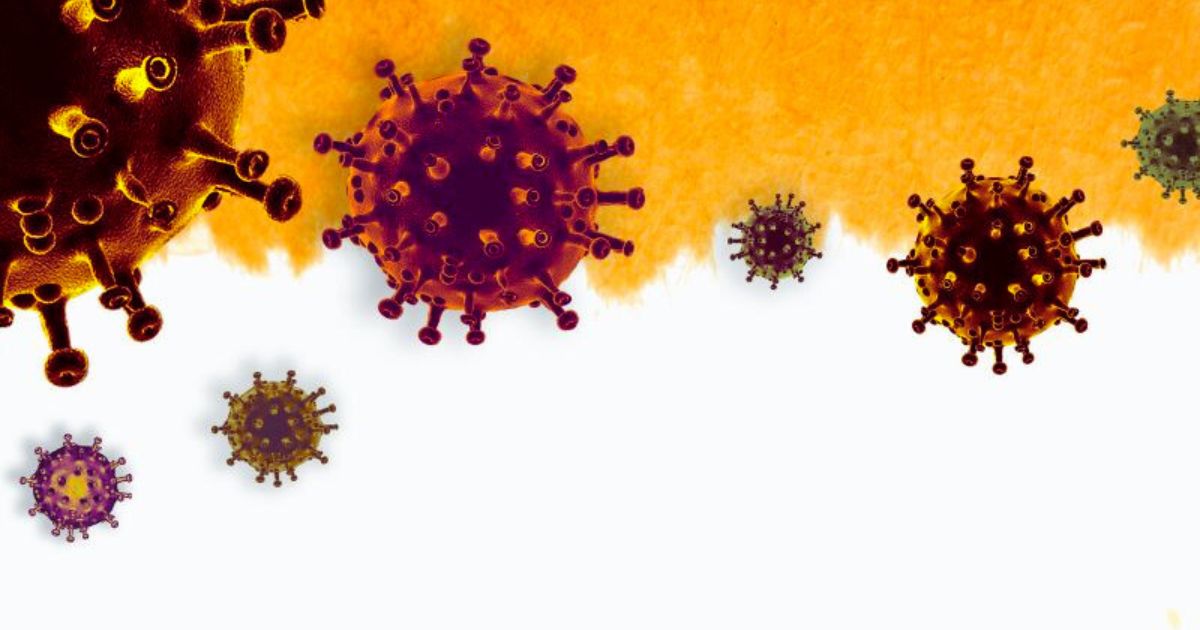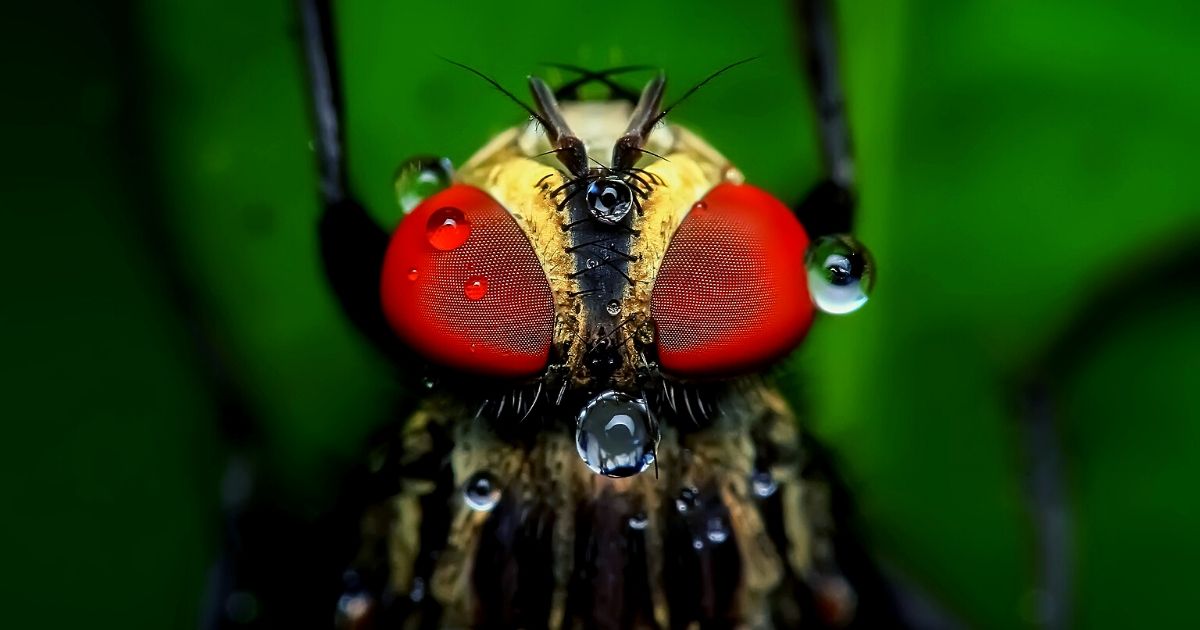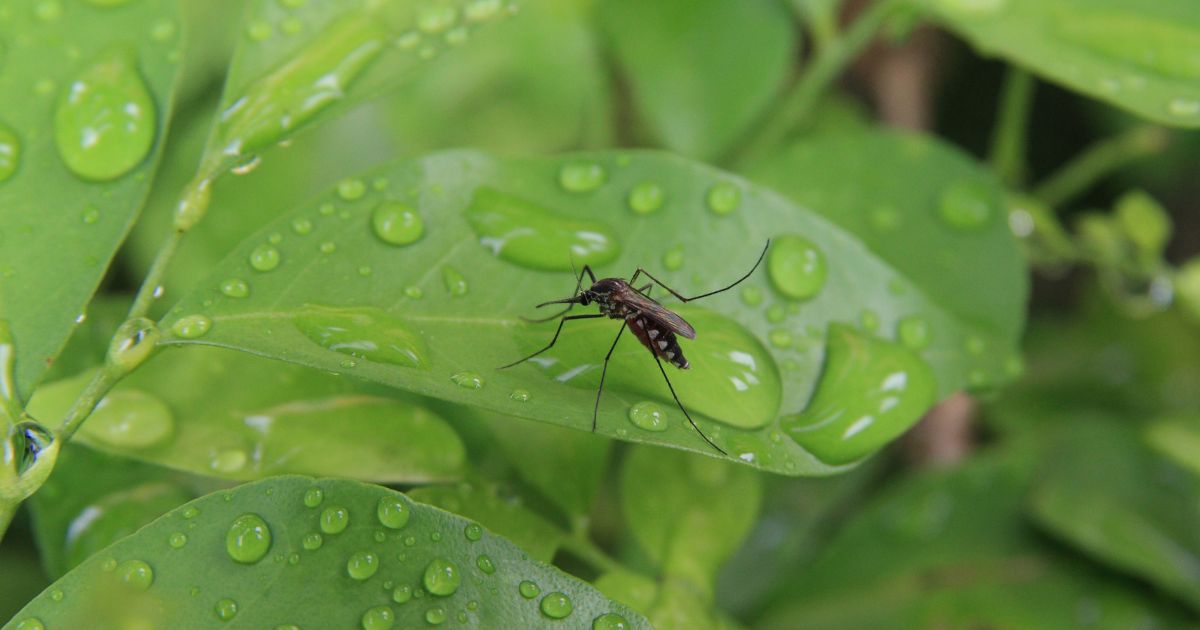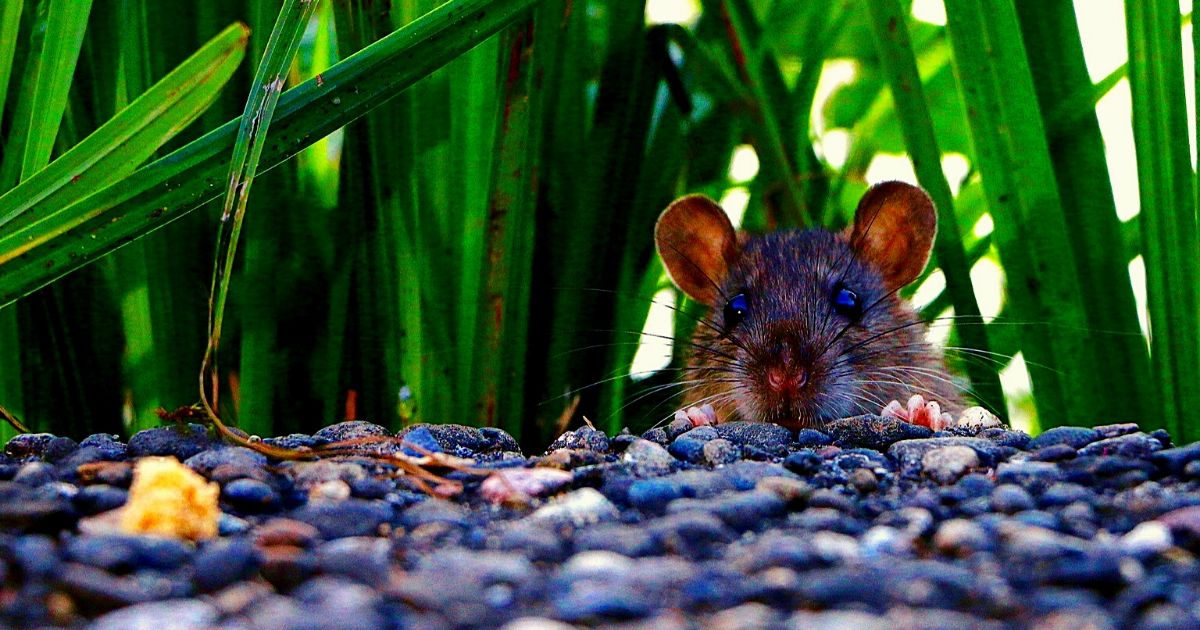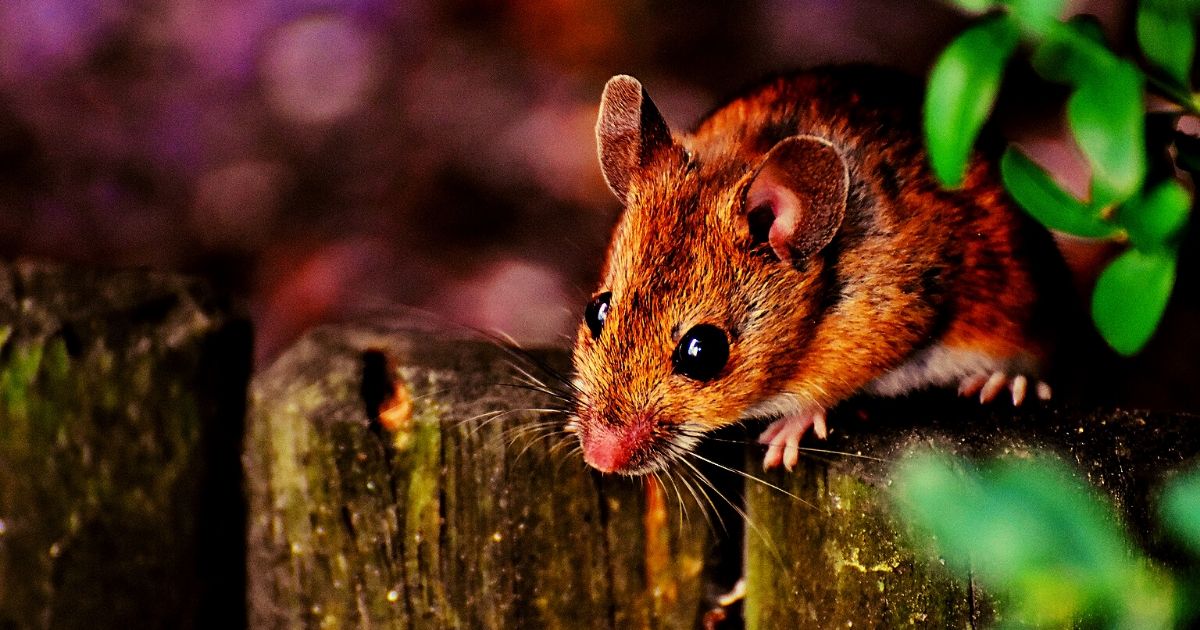The Ultimate Guide to Mosquito Prevention, Treatment and Control in Singapore
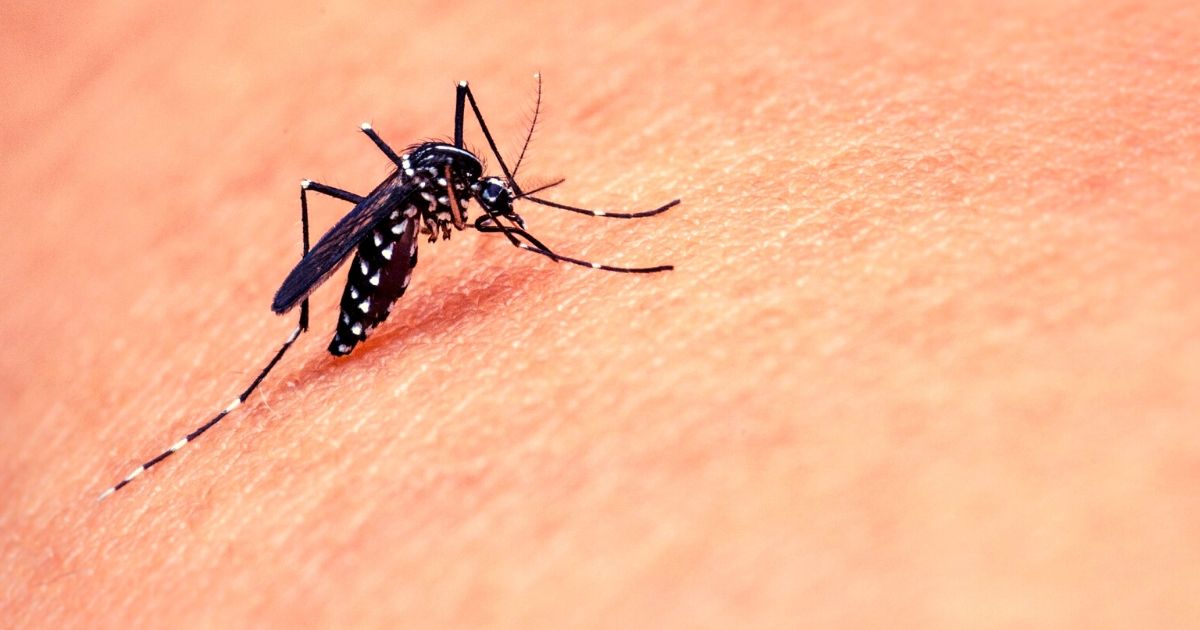
Table Of Contents
- Types of Mosquitoes in Singapore
- Signs of Mosquito Infestations
- Life Cycle and Biology
- Medical Importance
- Symptoms of Mosquito-Related Diseases
- Ways to Prevent Mosquito Bites
- How to Prevent Mosquito Breeding In and Around your Home
- DIY Methods to Prevent and Get Rid of Mosquitoes
- Professional Mosquito Treatment
Mosquitoes are tiny creatures. Without their wing’s buzzing sounds, we might not be aware of their presence. Nevertheless, they feed on humans and animals, leaving itchy, annoying bites on the flesh that can cause excessive irritation and infection. Mosquitoes cause annoyance with their uncanny ability to detect humans’ presence, taking blood and disappearing before a fatal swat.
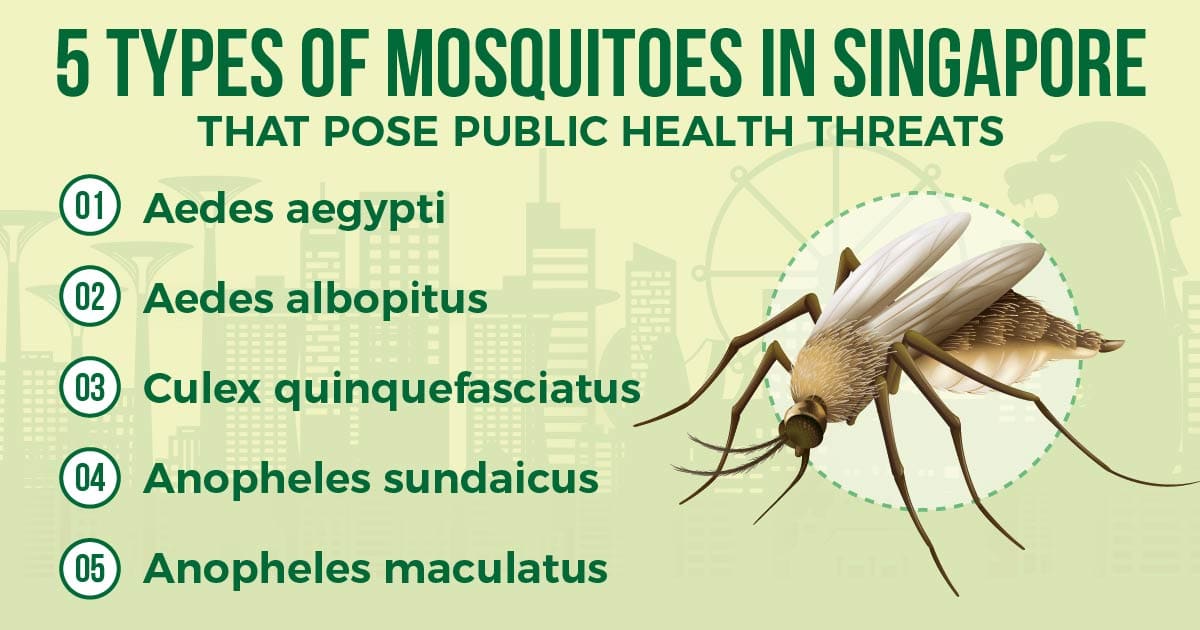
Types of Mosquitoes in Singapore
Numerous species of mosquitoes are active in Singapore. Some of the species are uncommon or seldom pose a threat to public health.
The primary mosquito species of concern in Singapore are:
- Aedes aegypti
- Aedes Albopitus
- Culex quinquefasciatus
- Anopheles sundaicus
- Anopheles Maculatus.
Aedes Mosquitoes
Aedes mosquitoes exist in urban and suburban areas. They are black with white stripes on their body and legs. They are the so-called container breeders that prefer to breed in stagnant water, including natural and artificial containers.
Aedes Aegypti
Aedes aegypti is an indoor species that tends to breed and rest in cool dark places.
Aedes Albopitus
Aedes albopitus mosquitoes prefer to breed outdoor, especially in areas with vegetation.
Culex and Anopheles mosquitoes
Culex and Anopheles mosquitoes are night biters. Most of them are brown. Culex mosquitoes tend to breed in polluted water while Anopheles mosquitoes breed in brackish water (depending on the species).
Signs of Mosquito Infestations
A mosquito infestation in premises is most easily detected through mosquito bites.
These bites leave itchy bumps on people’s skin.
Besides mosquito bites, you may also notice an irritating buzzing sound as mosquitoes fly near your head. It is common to spot flying adult mosquitoes around the infested premises. Their larvae and pupae may be found in water bodies such as vase and flowerpot plates.

Life Cycle and Biology
The life cycle of Aedes Mosquitoes (from eggs to adults) takes around one week under favourable conditions. The tropical climate in Singapore provides mosquitoes with optimum temperature for their growth. Compared to other countries outside the tropical region, mosquitoes require less time to complete their life cycle in Singapore.
A female mosquito generally can lay about 100 to 200 eggs per time.
Also, it can lay eggs up to 5 times in its lifetime. Hence, a viable female mosquito produces a thousand eggs. One terrible fact about Aedes mosquitoes’ eggs is that they can resist dehydration for more than 6 months. In other words, the eggs can survive in a dry condition for up to 6 months or more and hatch once they are exposed to water.
The hatching of eggs takes about 2 to 3 days. The larvae formed have four developmental stages. They grow from one stage to another, moult in water and get bigger. It usually takes about 4 to 5 days for a larva to become a pupa.
As they grow to become pupae, this is a stage where they do not feed at all. They will usually rest at the water surface and wait for their emergence of becoming adult mosquitoes. This process only takes 1 to 2 days.
For adult mosquitoes, females will suck blood to provide nutrients for their eggs. However, male mosquitoes will only feed on nectar or plant juices. Both sexes prefer to stay in cool and dark places.
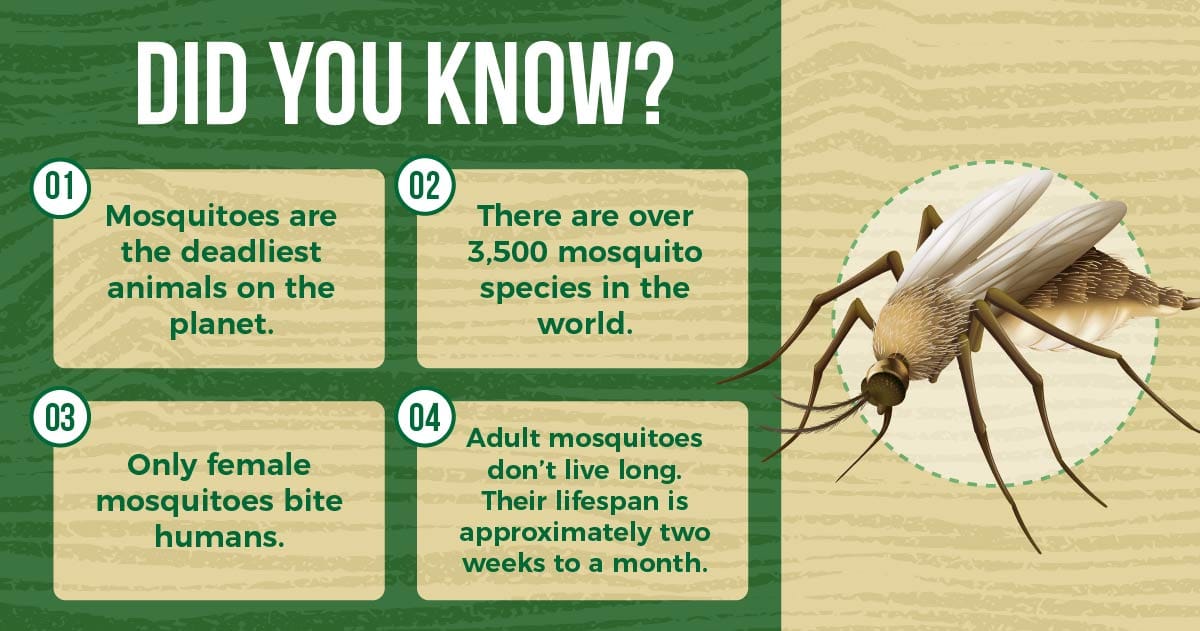
Medical Importance
Beyond the nuisance factors, mosquitoes are vectors of some deadly diseases, including Dengue Fever, Chikungunya, Zika Virus, Japanese Encephalitis, and Malaria. Among these diseases, Dengue Fever is one of the most severe vector-borne diseases affecting our community in Singapore.
Aedes aegypti and Aedes albopitus are the two main species of Aedes mosquito that can transmit Dengue fever in Singapore.
The most common mode of transmission starts when an Aedes mosquito bites a person infected with the Dengue virus. The virus then undergoes an extrinsic incubation period in the mosquito. It takes about 8-12 days before granting the mosquito the ability to transmit the virus for the rest of its life. The infectious mosquito then transmits the virus to humans via its bite. The intrinsic incubation period in humans can take up to 10 days. An infected human will then begin to show symptoms of the disease.

Symptoms of Mosquito-Related Diseases
If someone is infected with Dengue fever, they may only show few or no signs of the disease. This is called asymptomatic. Some people may experience symptoms a few days after being bitten by a mosquito carrying the virus.
The common symptoms of Dengue fever are:
- Recurring fever
- Pain behind the eyes
- Muscle pain
- Joint pain
- Bone pain
- Severe headache
- Skin rash with red spots
While the fever is usually not fatal, it can progress to Dengue Hemorrhagic Fever (DHF). Life-threatening complications may then occur.
The symptoms of DHF include:
- Severe abdominal pain
- Diarrhoea
- Vomiting
- Convulsions
- Bruising
- Uncontrolled bleeding
Finally, DHF can also lead to a high fever (lasting between 2 to 7 days) and Dengue Shock Syndrome.
Pro tip: If you're worried about a bite or sting, your symptoms do not start to improve within a few days or are getting worse, contact your doctor.
Ways to Prevent Mosquito Bites
Singapore’s hot and humid climate makes it a paradise for mosquitoes to breed. The threat of Dengue in Singapore is all year round. However, there are still no vaccines or drugs that can effectively treat or prevent dengue fever. Hence, reducing the risk of getting mosquito bites will lower the chances of having dengue fever. Several factors can affect the attraction of female mosquitoes towards a blood meal, namely carbon dioxide, body odour and the heat emitted by animals and humans. Here are some ways to prevent mosquito bites:
1. Use insect repellents
Apply insect repellent to bare skin when going outdoors. Repellents containing DEET (the common active ingredient in insect repellents) are the most widely available insect repellents in the world. A great deal of testing has been done on DEET insect repellents. They are proven to be safe to use.
2. Wear protective clothing
Vision is one thing mosquitoes use to search for their blood meal. Black or dark coloured clothes are proven to be more attractive than light coloured clothes for mosquitoes. However, mosquitoes can bite through clothing that is made of thin materials like tights. Hence, long-sleeved thick clothing is advisable as mosquitoes might find it difficult to bite through.
3. Avoid peak mosquito hours
To avoid mosquito bites, you might need to plan any outdoor activities when mosquitoes are less active. Although different species have different active hours, mosquitoes are generally more active during dawn and dusk.
4. Keep air circulating
Mosquitoes are weak fliers, which means they are not that efficient at flying and are not able to handle strong wind. Use of electric fans for outdoor activities and gatherings can prevent you and your family from mosquito bites. Mosquitoes usually fly at the lower half of our bodies and near the ground. Therefore, aim fans towards that area.
5. Sleep under a mosquito net
If you notice mosquito bites on your body after hours of sleeping, using a mosquito net would be a good idea.
6. Get rid of stagnant water
Any puddles of water around your home can become a potential breeding source for mosquitoes. Always be mindful to empty water from flowerpots, plates, pet food, WC pan collar, buckets, barrels and cans at least once or twice a week as mosquitoes’ life cycle can be completed within a week. Always cap the bamboo pole holders when not in use to prevent rainwater from splashing into the holders.
7. Keep your landscapes and home clean
Remember to keep the gully traps, scupper drains, and roof gutters clean. Thinning dense vegetation will help to improve air circulation. You can avoid getting mosquito bites by making your environment less desirable or appealing to them.
Want to find out more about mosquito control in Singapore?

How to Prevent Mosquito Breeding In and Around your Home
Controlling and preventing mosquitoes in Singapore is a real challenge. As mentioned, the climate offers an ideal breeding ground for mosquitoes. However, public awareness, preventive methods, and collective efforts are crucial in the battle against Dengue in Singapore.
Aedes mosquitoes can breed in water bodies that are as small as the size of a 20 cents coin. Thus, all stagnant water must be eliminated to prevent mosquito breeding.
Practice the following 5-step Mozzie Wipeout recommended by the National Environment Agency:
- Turn any unused pails
- Regularly change the water in vases
- Flip flowerpot plates
- Loosen hardened soil in flowerpots or planter boxes
- Clear roof gutter and place biological control (Bti)
Other than the 5-step Mozzie Wipeout, we must also do a thorough check-up and prevention including:
- Cover rarely used gully traps/ install anti-mosquito valves
- Cover all containers storing water
- Clear water from dish rack trays
- Cover bamboo pole holders
- Keep drains free from obstructions such as dry leaves and tree branches
- Seal up tree holes in gardens using sand or cement to prevent the collection of stagnant water
- Seal up gaps around covers using a silicone-based caulk
- Remove unwanted receptacles to avoid the accumulation of rainwater
- Repair outside leaks
- Consider poking a tiny hole with a pin in leaf axils (between the leaves and the stem) for proper drainage as those areas are likely to collect water.
DIY Methods to Prevent and Get Rid of Mosquitoes
The use of essential oils to repel mosquitoes is not a new thing. The essential oils extracted from some plants such as lemongrass and peppermint contain chemical constituents that are proven to be effective mosquito repellents. If you cannot stand the smell and smoke of mosquito coils, you may consider using essential oils since they are derived from natural plants while also packed with other benefits to the human body.
One of the most effective ways of preventing mosquito bites is by keeping them out of your house.
You can do this by using insect screens. This method is simple, chemical-free yet effective since you can protect your home from the invasion of mosquitoes and other pests.
Professional Mosquito Treatment
Adoption of permanent measures is strongly advised to address and eliminate the root cause of mosquito breeding. The DIY methods are recommended if the level of mosquito activity is low, and if our only aim is to repel them. The common ways of reducing the number of adult mosquitoes and eliminating the breeding source are thermal fogging, misting and larviciding.
Thermal Fogging
Thermal fogging is widely used in Singapore. It is a method used to kill adult mosquitoes. The hand-carried fogger runs by heating mixed solution with gasoline from the combustion chamber. The insecticide will be pumped via a delivery valve and injected to the fog head or nozzle. From there, insecticide liquid will be vaporized into hot gas and released into the target places.
Thermal fogging provides a better penetration of aerosol insecticide, which the insecticide can reach target areas more effectively. However, the duration of its residual effect is short, which can only kill adult mosquitoes present during the treatment.
Misting
Misting is a motor-driven ULV unit that targets flying insects, especially mosquito species. This method sprays fine mist of insecticide into the air. The gasoline-driven engine is used to pressure and force the formulation from the insecticide container to produce the high-volume insecticide mists through the nozzles. Misting leaves behind insecticide droplets and creates residual chemical effect on the treated surface to kill adult mosquitoes upon contact. However, the droplets can be washed off by rainwater.
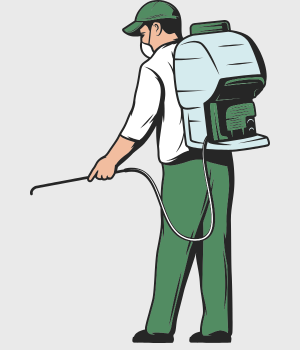
Pest Problem? Let Us Help.
We offer fast and effective precision treatments to eliminate pests while ensuring a safe environment for your home or business.
Larviciding
Larviciding is used to eliminate the larvae found in a water body, and to prevent the breeding of mosquito larvae before it takes place. Some of the most common larvicides used are larvicidal oils, chemical insecticides and biological larvicide such as Bacillus thuringiensis israelensis (Bti).
Larvicidal oils have a physical mode of action whereby they act as surfactants that prevent mosquito larvae and pupae from rising to the water surface for respiration, causing them to drown. Chemical larvicides usually kill larvae and pupae by affecting their nervous system. Bti is a microbe that will be ingested by the larvae, and their toxins will be activated in the larvae’s midgut, paralyzing and damaging their digestive systems, thus killing them.
Vehicle Mounted Fogging & Misting
Killem Pest is one of the few pest control companies in Singapore that uses the vehicle-mounted fogger and mister. The fogger is a large version of the common hand-carried fogger and has a higher performance because of its faster application rate.
On the other hand, the vehicle-mounted mister provides a better application compared to the normal hand-carried mister. The adjustable aerosol nozzles allow a better variation of misting direction and ensure wider distribution of insecticides towards the treated areas.
Controlling the population of mosquitoes in Singapore is not an easy challenge, but we are certainly taking it on. Early detection facilitates the prevention of their breeding and management of their population. With more research and knowledge about the insects, we will be able to keep their populations under control.
Frequently Asked Questions
Since some mosquitoes can carry viruses, their bites might be dangerous to people. Infected mosquitoes can transmit the West Nile virus, yellow fever, malaria, Dengue, Zika Virus, and other diseases.
You might feel a stinging sensation and itching after the bite, but overall most people have a mild reaction to mosquito bites. However, sometimes mosquito bites can cause swelling, soreness, and redness.
Yes, mosquitoes can bite through clothes. They have long, sharp mouthparts that can easily go through thin and loose fabrics.



